12 Tips for Growing Organic Vegetables at Home
Growing your organic vegetables at home is a rewarding and sustainable way to enjoy fresh produce. By focusing on healthy soil, proper watering, and natural pest control, you can create a thriving garden without the need for synthetic chemicals. With a few simple strategies, you can ensure your plants grow strong and produce bountiful harvests season after season. Whether you’re a seasoned gardener or just starting, these tips will help you cultivate a healthy and productive garden.
This post may contain affiliate links, which helps keep this content free. Please read our disclosure for more info.
Start with Healthy Soil
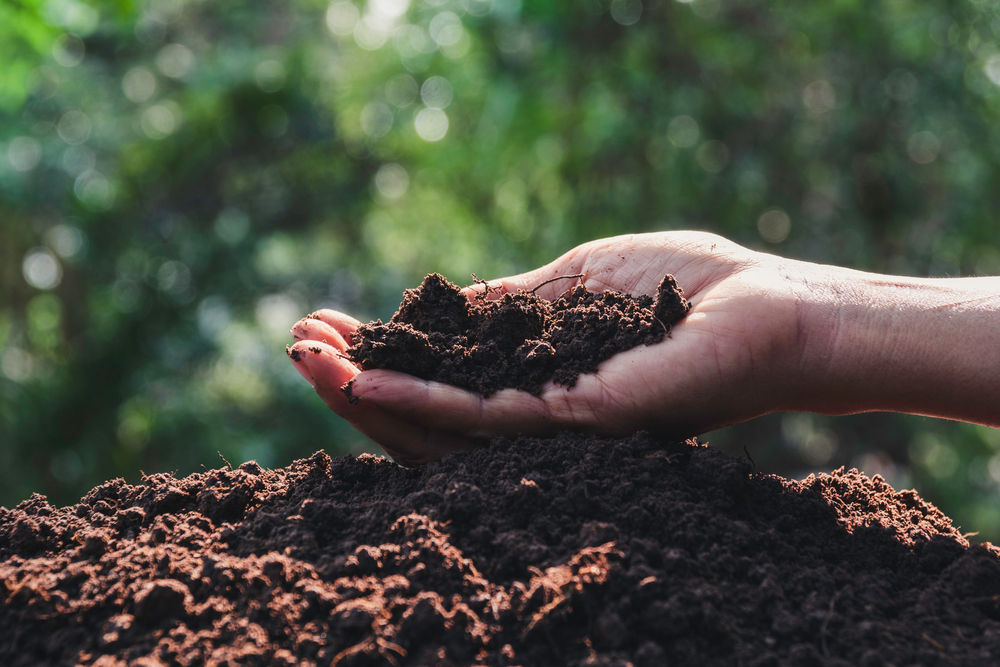
Healthy soil is the foundation of any successful garden. Organic vegetables require nutrient-rich soil that supports root growth and provides the necessary minerals and microorganisms for optimal plant health. Begin by testing your soil to identify nutrient deficiencies and pH imbalances. Amend your soil with organic compost, which helps improve its texture, drainage, and nutrient levels, creating an ideal environment for plant roots.
Healthy soil supports the growth of beneficial microorganisms that contribute to plant health and pest resistance. By adding organic matter such as compost, mulch, and natural fertilizers, you improve soil fertility and encourage a thriving ecosystem in your garden. Remember that maintaining healthy soil year after year is essential for continuous vegetable production, so invest time in improving your soil with every growing season.
Choose the Right Plants for Your Climate
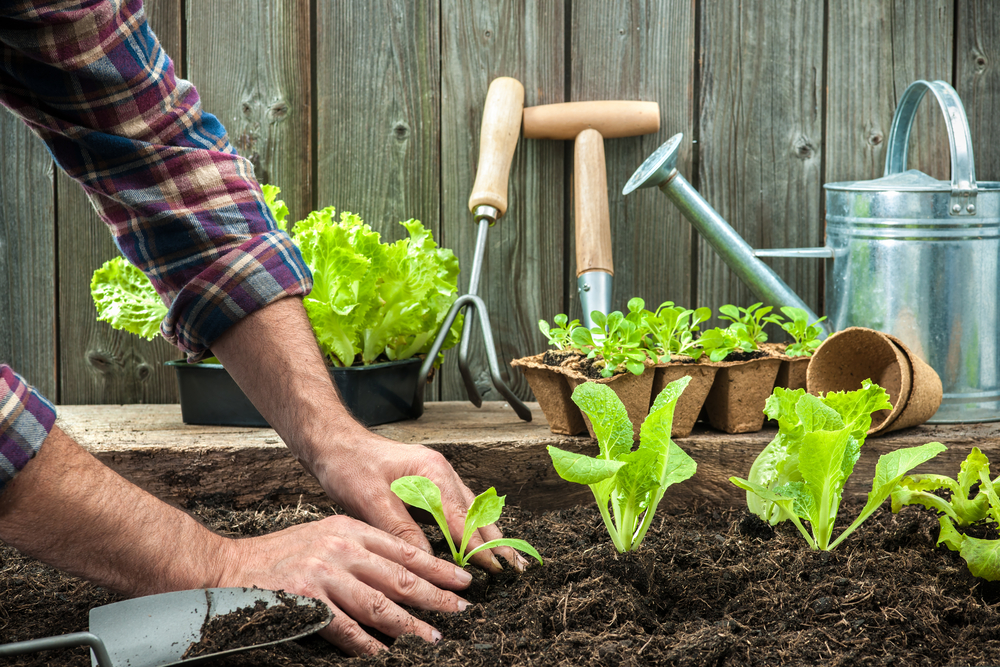
Selecting the right vegetables is crucial for a productive organic garden. Some plants thrive in cooler temperatures, while others prefer warmer weather. Research your local climate and grow vegetables that are suited to your region’s temperature and growing season. Popular options for home gardeners include leafy greens like lettuce and kale, root vegetables such as carrots and potatoes, and warm-weather crops like tomatoes and peppers.
When choosing plants, consider factors like sunlight exposure and water requirements. Be mindful of the space each plant will need to grow to avoid overcrowding, which can lead to poor air circulation and increased vulnerability to diseases. By selecting plants that naturally grow well in your area, you set yourself up for a healthy, high-yielding garden.
Test and Improve Your Soil’s pH Levels
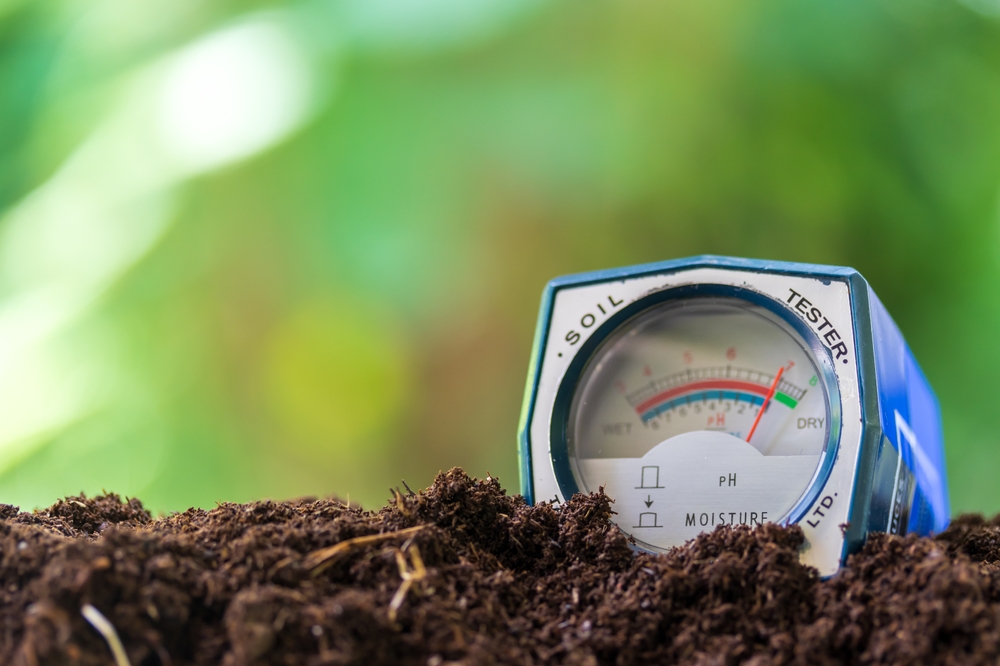
Soil pH affects the availability of nutrients to plants. Testing the pH levels of your soil helps you understand its acidity or alkalinity, which can influence plant growth. Most vegetables thrive in slightly acidic to neutral soil, with a pH range of 6.0 to 7.0. If your soil is too acidic or too alkaline, you can adjust its pH with natural amendments such as lime (to raise pH) or sulfur (to lower pH).
Improving soil pH is a long-term process, but regular testing can help you make timely adjustments to support healthy vegetable growth. Proper pH levels ensure that plants can access essential nutrients, leading to stronger plants and better yields. Understanding and adjusting soil pH is one of the key practices for growing organic vegetables successfully.
Practice Crop Rotation
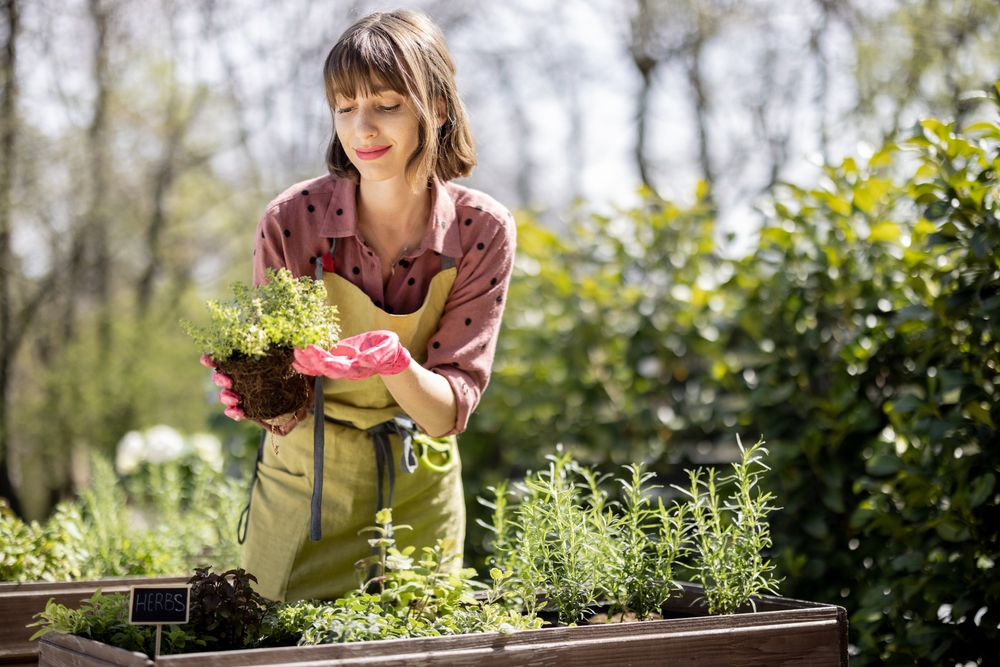
Crop rotation is an important practice for organic vegetable gardens. Planting the same crops in the same location year after year can deplete the soil of certain nutrients and encourage pest and disease buildup. By rotating crops each season, you reduce the chances of soil depletion and disease transmission. For example, after growing leafy greens, plant legumes, which fix nitrogen in the soil, helping to replenish nutrients.
Crop rotation also helps maintain biodiversity in your garden. Different plants have different nutrient requirements, so rotating them helps ensure that soil conditions remain balanced. It also minimizes the risk of pests that target specific plant families, allowing you to keep your garden healthy and productive over time.
Mulch to Conserve Moisture
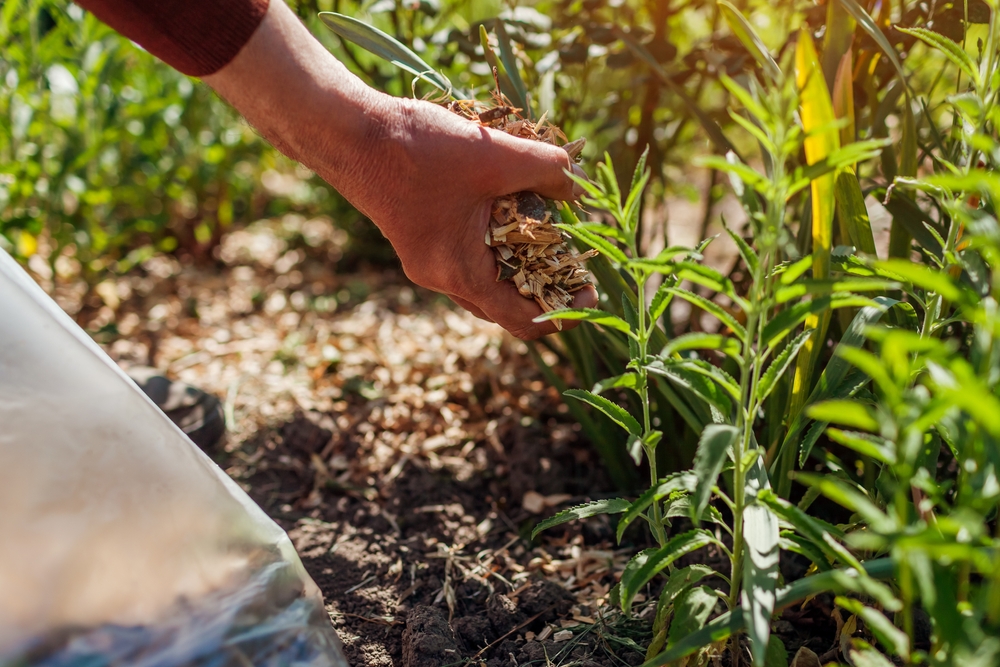
Mulching is a simple but effective way to conserve moisture in your garden. Organic mulch, such as straw, grass clippings, or wood chips, helps retain water in the soil, reducing the frequency of watering. It also prevents weeds from taking root by blocking sunlight, which is essential for healthy vegetable growth.
In addition to moisture conservation and weed control, mulch improves soil health as it decomposes. It adds organic matter to the soil, enriching it with nutrients and improving its structure. Mulching is an easy way to maintain the right growing conditions for your organic vegetables without relying on synthetic methods.
Water Wisely
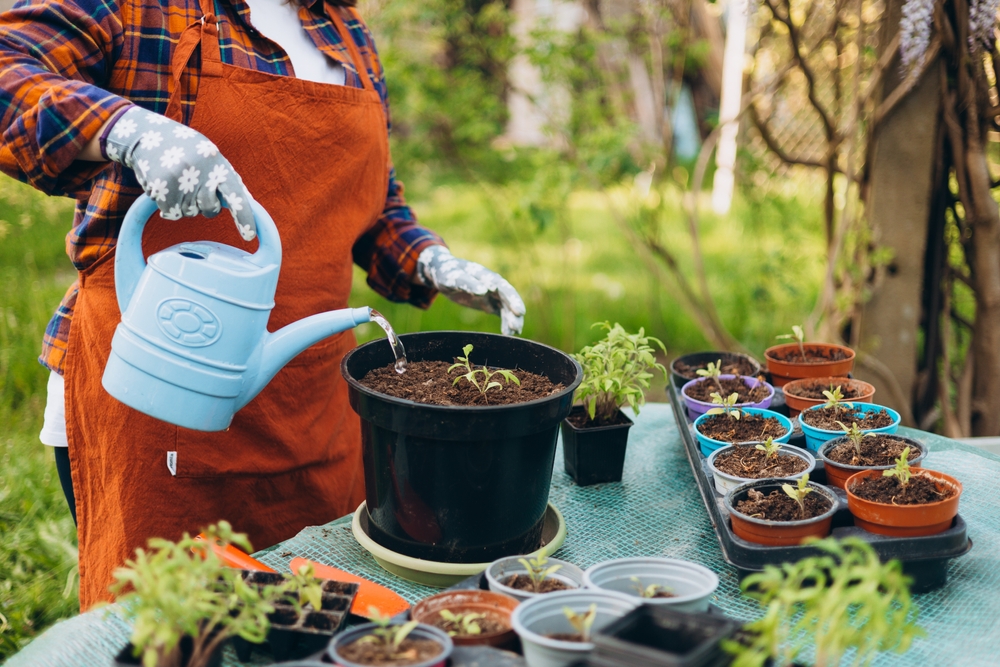
Proper watering is critical for the success of your vegetable garden. Too little water can cause plants to wilt and stunt growth, while too much water can lead to root rot and other diseases. Water your garden deeply and consistently, making sure the water reaches the roots. It is best to water in the early morning or late evening to avoid evaporation and ensure that plants have adequate moisture throughout the day.
A drip irrigation system or soaker hoses can help deliver water directly to the base of your plants, reducing waste and minimizing water contact with the leaves. This method also helps reduce the likelihood of fungal infections, which thrive in wet conditions. By watering wisely, you ensure that your plants receive the right amount of moisture to grow strong and healthy.
Use Organic Fertilizers
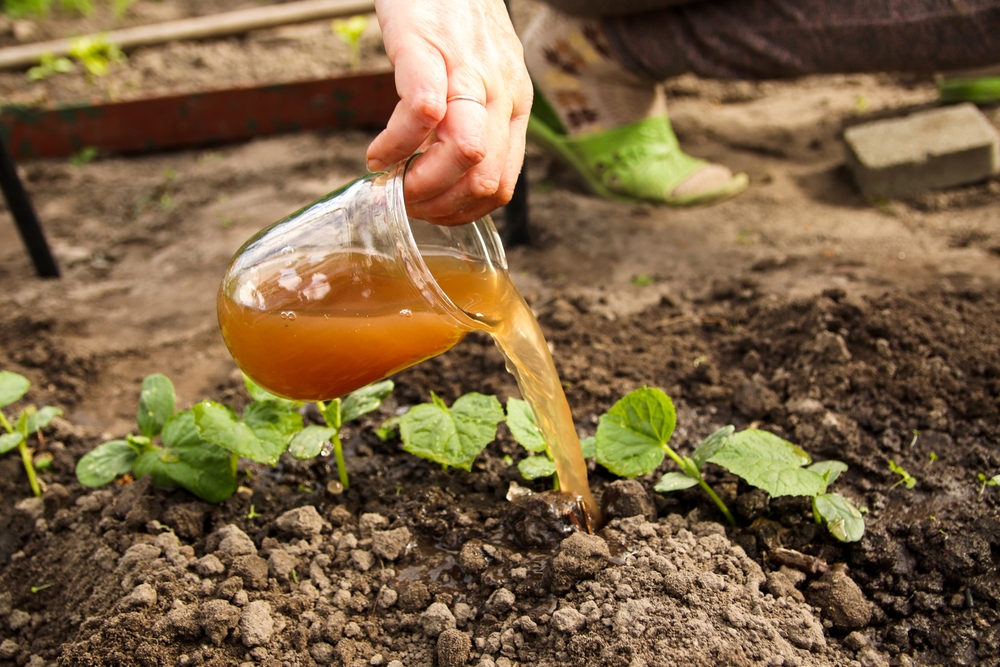
Organic fertilizers are a safe and effective way to provide essential nutrients to your plants without relying on synthetic chemicals. Compost, animal manure, and fish emulsion are all excellent sources of organic matter that can improve soil fertility. These natural fertilizers release nutrients slowly over time, ensuring that plants have a consistent supply of food throughout the growing season.
By using organic fertilizers, you avoid the risk of harming beneficial soil organisms and polluting your environment with harmful chemicals. Organic options promote healthy root growth and help plants fight off pests and diseases naturally. Additionally, organic fertilizers improve soil structure and increase its water-holding capacity, creating a more resilient garden.
Control Pests Naturally
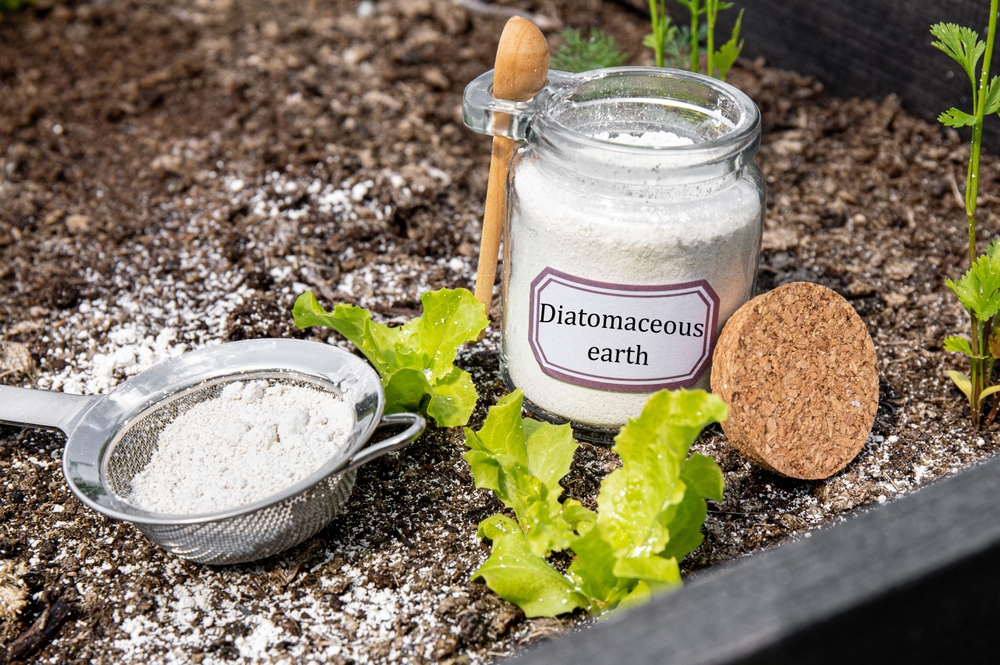
Pest control is essential for a healthy organic garden. Instead of relying on chemical pesticides, which can harm beneficial insects and pollute your garden, consider using natural pest control methods. Companion planting is a great way to repel unwanted pests. For example, planting marigolds alongside your vegetables can help keep aphids away.
You can also attract beneficial insects like ladybugs and lacewings, which feed on pests. Neem oil, insecticidal soap, and diatomaceous earth are other natural alternatives that can help manage pest populations without harming the environment. Regularly inspecting your garden for signs of pests and acting quickly can prevent a small problem from becoming a large infestation.
Improve Air Circulation
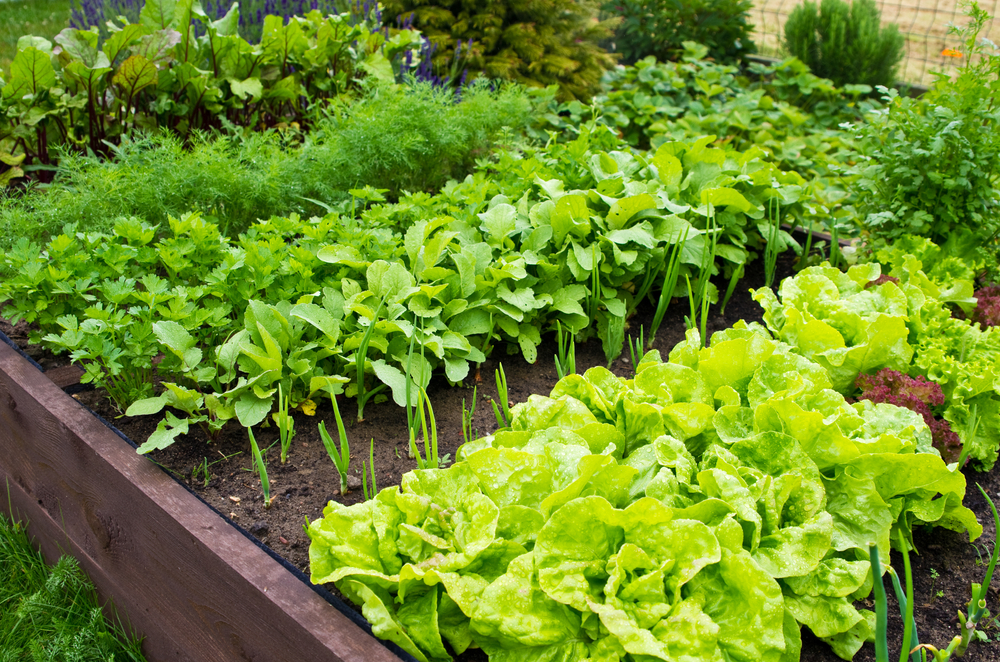
Good air circulation is key to maintaining healthy vegetables. Proper spacing between plants allows for better airflow, reducing the risk of fungal infections and promoting faster drying of wet foliage. Planting too closely together can create a humid microclimate that encourages mold and mildew growth.
To improve air circulation, make sure your plants have enough space to grow. Thinning out crowded areas not only enhances airflow but also allows individual plants to receive more sunlight. Air circulation helps prevent disease, encourages healthy plant growth, and maximizes your garden’s productivity.
Collect and Save Seeds
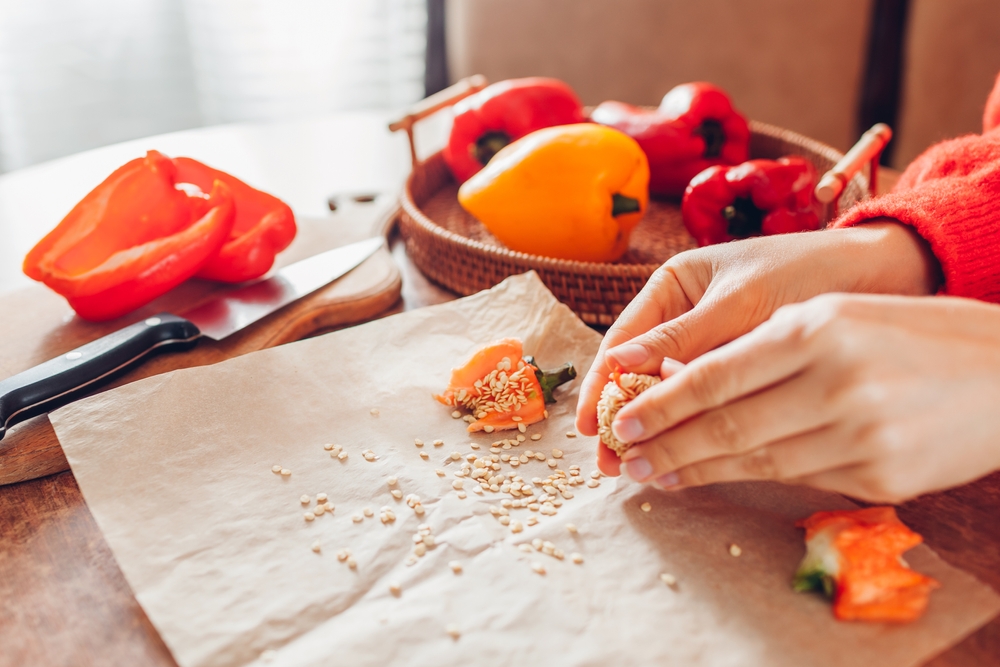
Saving seeds from your vegetables is an excellent way to preserve heirloom varieties and save money for the next growing season. Many vegetables, such as tomatoes, peppers, and beans, produce seeds that can be collected and stored for future use. Be sure to save seeds from healthy, disease-free plants to ensure the next generation of crops is strong and productive.
In addition to being cost-effective, saving seeds allows you to cultivate plants that are better suited to your garden’s specific conditions. Over time, this practice can lead to a garden that thrives in your particular climate, improving yields and reducing the need for outside sources of seeds. Collecting seeds from your garden connects you more deeply with your plants and the growing process.
Encourage Pollinators
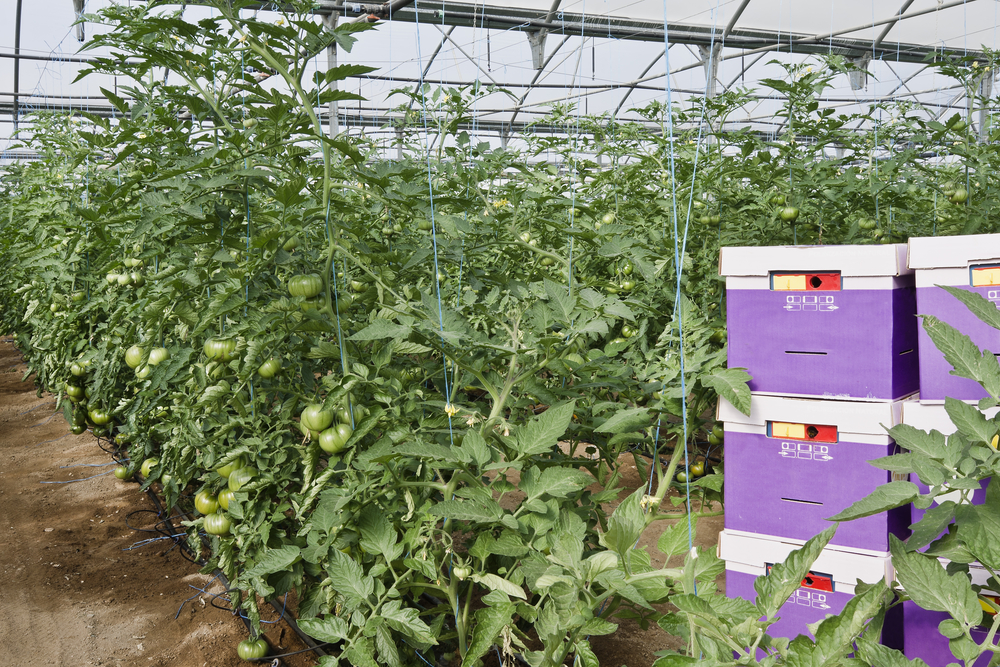
Pollinators like bees, butterflies, and birds play an essential role in the success of your vegetable garden. To attract these helpful creatures, plant flowers that provide nectar and pollen, such as sunflowers, lavender, and borage. Pollinators are essential for the fertilization of many vegetable plants, including cucumbers, squash, and melons.
Consider installing a bee house or birdbath in your garden to create a welcoming environment for these helpful creatures. The more pollinators you attract, the healthier and more productive your vegetable garden will be. By supporting pollinators, you contribute to the overall health of your ecosystem while ensuring that your vegetables get the fertilization they need.
Companion Planting
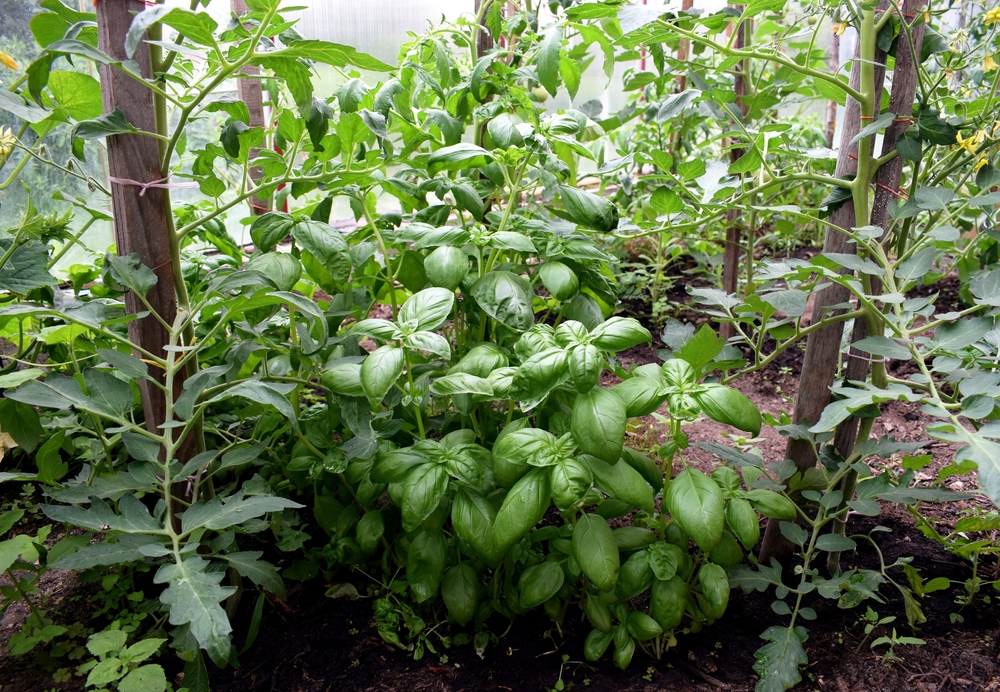
Companion planting is the practice of pairing certain plants together to enhance growth and protect them from pests. For example, basil and tomatoes grow well together because basil helps repel pests like aphids, while tomatoes provide shade for the basil. Another example is planting garlic near roses to deter aphids and improve rose health.
By carefully selecting companion plants, you can naturally enhance your garden’s productivity and minimize the need for chemical treatments. Some plants help each other grow by improving soil conditions, while others may act as natural pest repellents. Companion planting is a simple yet effective way to create a harmonious garden without synthetic interventions.
This article originally appeared on Avocadu.
